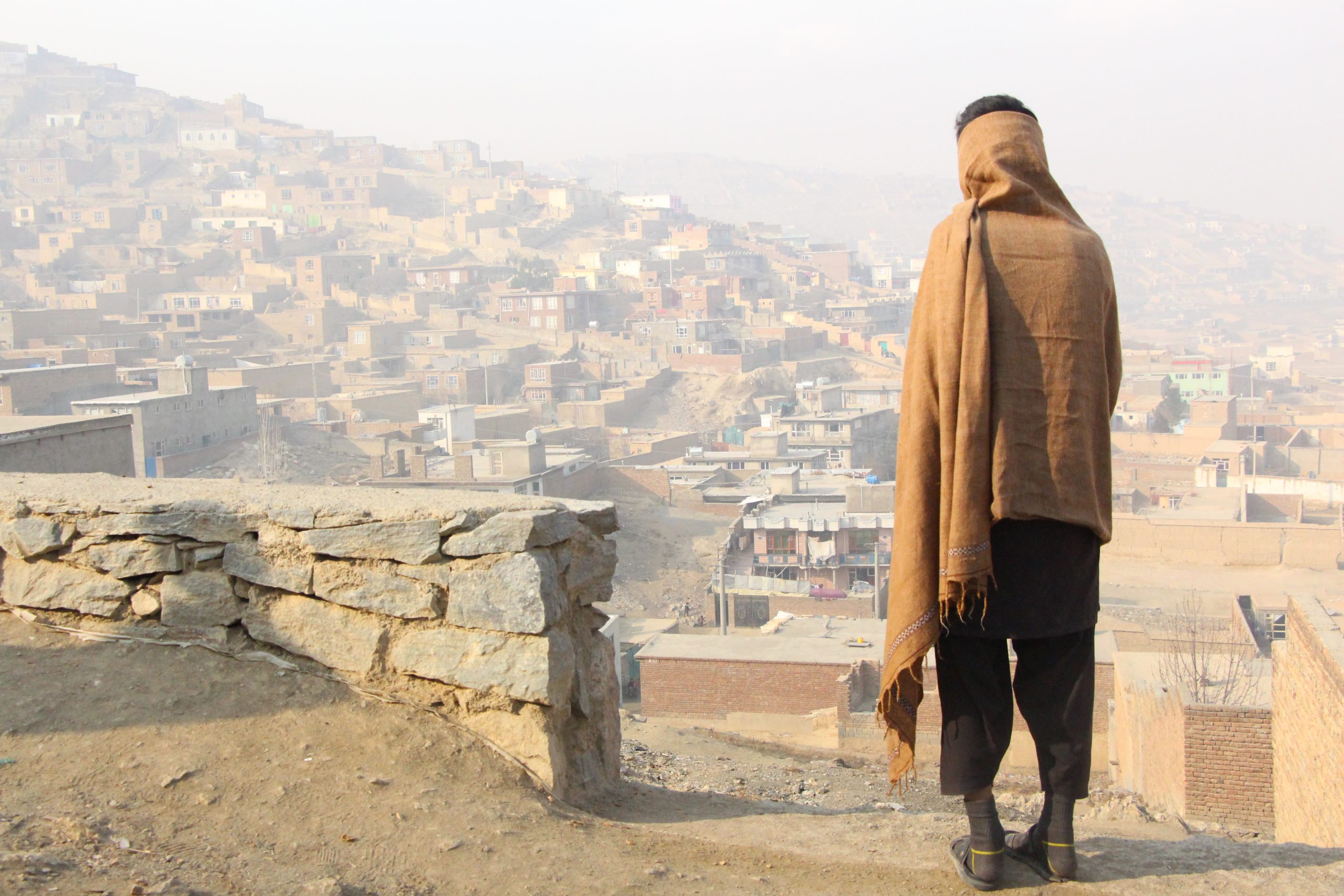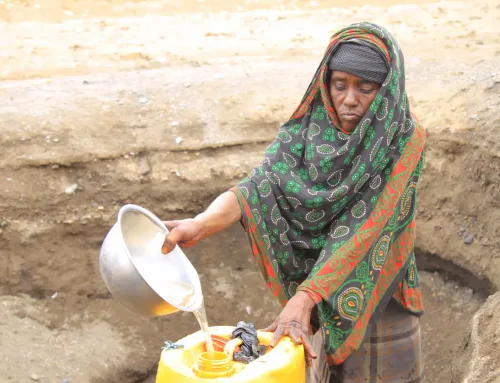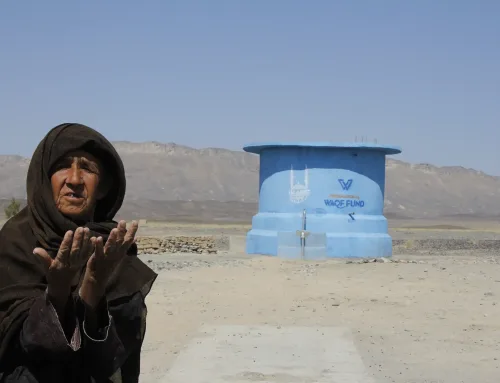At the International Waqf Fund, we have been working to help those affected by food insecurity in Afghanistan. For example, we provided assistance to 360 of the most vulnerable households in the country, including 190 households that received a one-month ration food pack and 170 households that received hygiene kits.
Afghanistan has faced a string of challenges over the past forty years, including conflict, repeated natural disasters, displacement, poverty, and the COVID-19 pandemic. These challenges have taken a devastating toll on the Afghan people, particularly in terms of food insecurity. The situation is dire, with hundreds of thousands of people struggling to access enough food to feed themselves and their families.
Conflict continues to be a major driver of food insecurity in Afghanistan. The ongoing conflict has caused severe physical and psychological trauma, forcing hundreds of thousands of people to flee their homes each year. This displacement disrupts the ability of families to produce and access food, putting them at greater risk of hunger and malnutrition. In addition, conflict-related violence has disrupted transportation and commerce, leading to food shortages and price hikes.
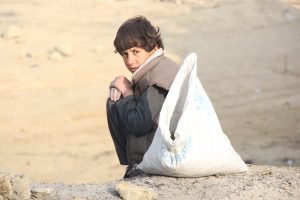
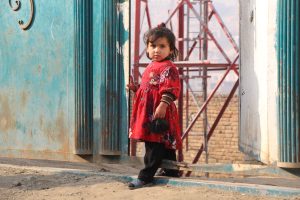
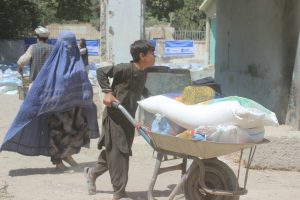
Repeated natural disasters, including drought and flood, have also contributed to food insecurity in Afghanistan. The country’s agriculture-based economy has been hit hard by these disasters, which have destroyed crops and homes, and made it difficult for people to access food. The growing poverty and increasing food prices in the country have compounded the problem, making it even harder for families to put food on the table.
Food packs contents included:
- 49kg wheat flour,
- 10kg rice,
- 10l sunflower oil,
- 5kg beans
- 2kg salt.
Hygiene kit contents:
- Antiseptic soap (Dettol) – 125gm 7,
- Plastic soap-case (for 125gm soap) 1,
- Laundry Soap (200gm) 7,
- Plastic Jerry Can (10-20 liters) with a screw-cap 2,
- Shampoo (300ml, standard quality) 2,
- Plastic bucket (10-20 liters) 1,
- Plastic mug / Aftaba (2 LTR size) 1,
- Soft Cotton Cloth (2 m2 piece) 2,
- Toothbrush adult 3,
- Tooth brush child 4,
- Toothpaste (125gm) 2,
- Towel (40 x 70 cm) 5,
- Cotex/Sanitary Pad (normal size) (box of 12)
This assistance has had a profound impact on the lives of those who received it.
“We face many problems in our life, we don’t have enough food for ourselves and our children, we cannot treat our illness, and we cannot afford to pay rent of our house and hundreds of other problems. The multi-donor project helped us to have flour, rice, oil, sugar, and some other food items in our kitchens for a long time and it put smiles on our children’s faces.” – Sarwar
In conclusion, the food insecurity crisis in Afghanistan is a complex and dire situation, brought on by a combination of conflict, natural disasters, poverty, and the COVID-19 pandemic.
When you support an Emergency Relief Waqf share with the International Waqf Fund, you help us to support people in urgent need during crisis like these.
Donate an Emergency Waqf share today.

